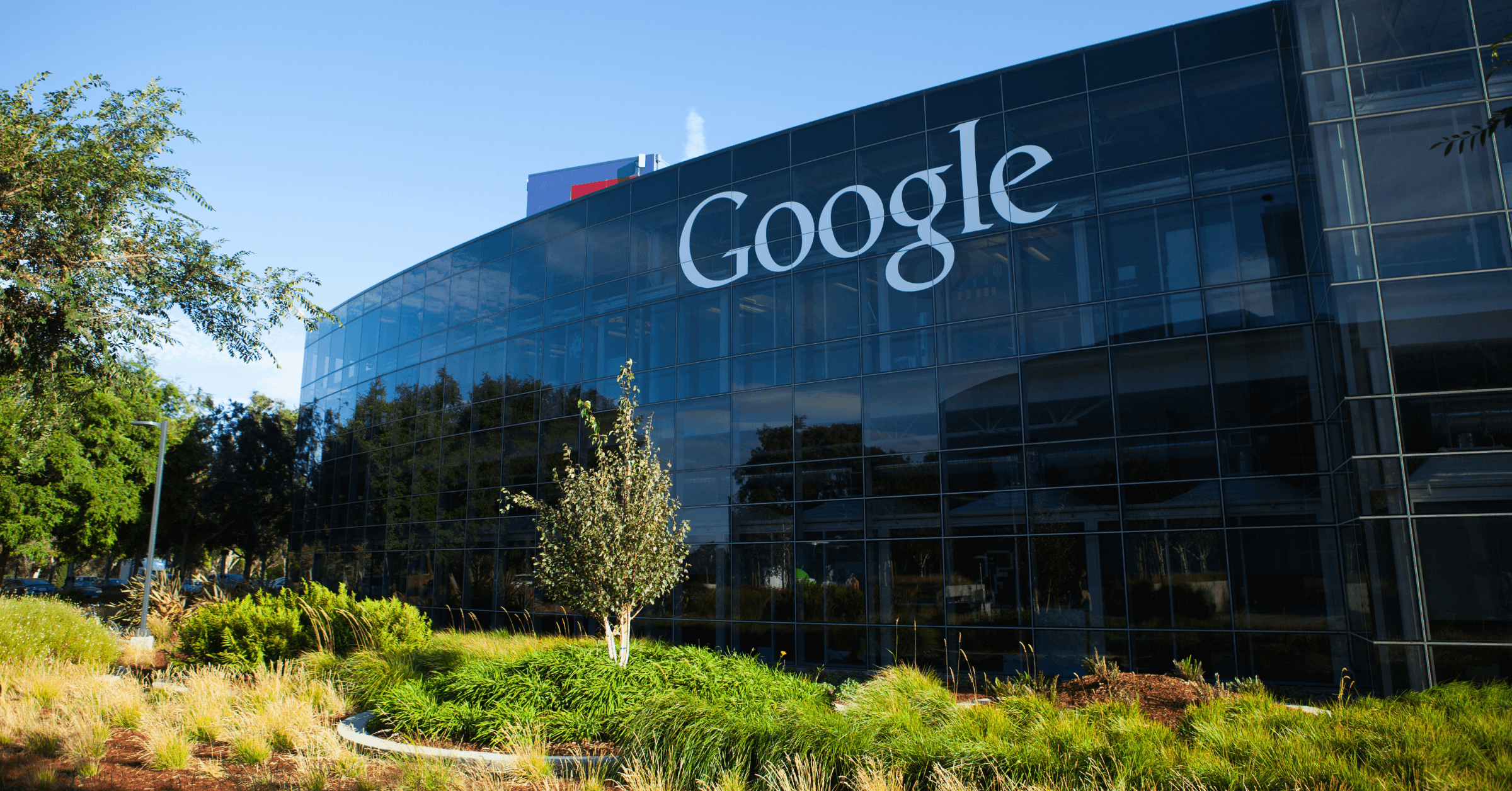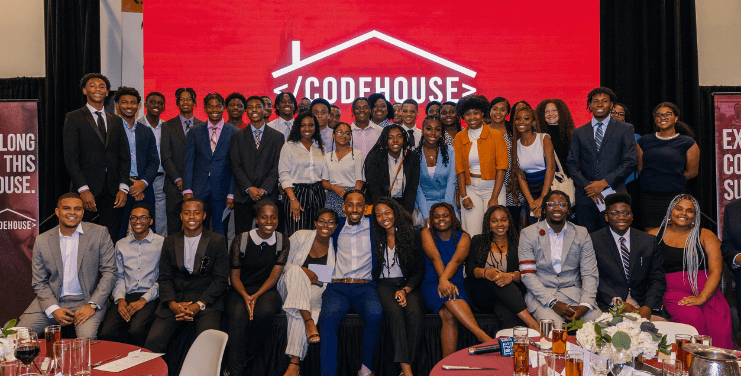Recently, House members introduced major antitrust legislation that could reshape how tech giants operate their businesses for the first time in decades. The five bipartisan bills would loosen the grip Facebook, Amazon, Apple, and Google hold over the tech industry and society if passed.
A Look at the Proposed Antitrust Legislation:
- The American Innovation and Choice Online Act addresses “discriminatory conduct” by Big Tech. If passed, tech companies will be unable to promote their own “products, services, or lines of business over those of another business user.” Additionally, tech companies will also be unable to harvest data from companies that use their sites to make their own products.
- The Platform Competition and Opportunity Act prohibits the acquisition of other firms to eliminate competition and garner more market power. Perhaps most notably, this bill would require tech companies to prove their mergers are lawful. Currently, it is the government’s responsibility to prove mergers are unlawful and this bill would shift the responsibility to tech companies if passed.
- The Ending Platform Monopolies Act attempts to promote fair competition by prohibiting tech companies from “self-preference and disadvantage competitors” across multiple areas of business. Should this bill pass, Amazon will no longer be able to sell its own brand of products that compete with other sellers on its marketplace.
- The Augmenting Compatibility and Competition by Enabling Service Switching (ACCESS) Act gives users more power over their personal data. If passed, users may easily transfer their data from one tech platform to another. The bill “promotes competition online by lowering barriers to entry and switching costs for businesses and consumers through interoperability and data portability requirements.”
- The Merger Filing Fee Modernization Act raises filing fees to provide appropriate funds for the Federal Trade Commission and the Department of Justice to “aggressively” pursue antitrust law enforcement.
Among the list of embedded issues around antitrust is racial inequity at the hands of opaque algorithms and black box operations amid the power these industry goliaths wield.
“Big Tech has abused its dominance in the marketplace to crush competitors, censor speech, and control how we see and understand the world,” Rep. Ken Buck of Colorado, a member of the House antitrust subcommittee, said in a statement. “Apple, Amazon, Facebook, and Google have prioritized power over innovation and harmed American businesses and consumers in the process. These companies have maintained monopoly power in the online marketplace by using a variety of anticompetitive behaviors to stifle competition.”
New antitrust legislation would shift power in favor of small businesses and consumers if passed by promoting a more fair and open competition online.
“Right now, unregulated tech companies have too much power over our economy. They are in a unique position to pick winners and losers, destroy small businesses, raise prices on consumers, and put folks out of work. Our agenda will level the playing field and ensure the wealthiest, most powerful tech companies play by the same rules as all of us” Representative David Cicilline (D-RI) said in a press release.
A movement to make antitrust law antiracist came into national focus last summer when Rebecca Kelly Slaughter, then-Commissioner of the Federal Trade Commission (FTC), issued a statement via Twitter explaining how antitrust can be reformed to address racial inequities to achieve economic and civil justice for Black-owned businesses and consumers.

For over a century, antirust has perpetuated structural racism in the United States; it reflects the current and historic market structures, which are inundated with racial biases. Slaughter argues agencies like the FTC may choose to reinforce or deconstruct racial biases when employing antitrust tools.
A step toward doing so would be considering how antitrust enforcement would impact communities of color, which is currently not common practice.
“Typically, we don’t consider the impact of competition/antitrust policy on different communities like we do for other policies [in the U.S.]. That’s just not how competition policy is written right now,” Siona Listokin, associate professor at George Mason University’s Schar School of Policy and Government told The Plug, “The antitrust problem is so large; bills and regulation that help mitigate it are naturally going to provide more opportunities to entrepreneurs, employees, and consumers of color.”
Lisotkin said that while antitrust law doesn’t need to be dismantled completely, it should be studied to better understand the implications for people of color in the same way urban planning does, for example. Without making efforts to understand why and how antitrust perpetuates racism, the oppressive cycle will continue to repeat itself.
Antitrust Enforcement—or Lack Thereof
Historically, enforcement of antitrust law has left much to be desired. Antitrust enforcement could mitigate some of the racial biases Black business owners experience if the FTC had more resources to pursue antitrust litigation, which is exactly what the Merger Fee Filing Fee Modernization Act seeks to do.
When left to their own devices, markets build market power, which refers to a company’s ability to manipulate the price, demand, and/or supply of a product or service. If a firm gains too much market power, it begins to dominate its respective market and may shut out or buy out competitors, thus becoming a monopoly. Companies may even begin entering other areas of business to spread their influence over multiple markets.
Antitrust law’s explicit purpose is to prevent monopolies from existing, yet Big Tech seems to be shielded from such scrutiny. For instance, Amazon began as an online retailer for books; now, it’s a book publisher, fashion designer, cloud service provider, TV and film producer, and more.
“Market power tends to benefit people already in power, the people at the top of the scale of wealth and income at the expense of the people who are powerless,” Eleanor Fox, professor of law at New York University, told The Plug.
Amazon’s entry into multiple markets has pushed out small businesses, if not prevented them from entering the market in the first place. The company may sell a competitor’s product on its site, but it also sells its Amazon brand of the same product at a lower price. And, not coincidentally, it recommends the Amazon brand over the competitors’ and places it at the top of each search result (not to mention Amazon Web Services cloud computing dominance).
The more market power Amazon gains—in any of the markets it has encroached upon—the more barriers to entry it can create for smaller businesses, the more competitors it can buy out, the more it can push people who are already powerless further from power. While Amazon has taken steps to help and empower Black entrepreneurs, competition between the two is still unbalanced.
Black entrepreneurs already face hardships when starting a business. A recent report by McKinsey’s Institute for Economic Mobility found Black entrepreneurs start businesses with about $35,000 in funding on average, while white entrepreneurs start with about $107,000. By gaining more market power and pushing out small businesses, Big Tech companies are contributing to the economic and structural obstacles Black business owners experience.
Using antitrust to combat racial inequity is not unprecedented. The Competition Act, South Africa’s governing antitrust law, explicitly mentions distributing resources to “historically disadvantaged persons.” The government has also implemented group policies to promote Black business ownership, known as Black Economic Empowerment policies, as a part of its national competition policy.
South Africa’s approach is based on the premise that past racial injustices must be addressed with nuance and through policy; it addresses how the apartheid regime stunted the opportunities for Black, brown, and Asian people, in order to have fair, open, and equitable market competition.
Antitrust law is necessary to level the playing field for small businesses and protect consumers from price discrimination, barriers to enter a market, and provide other economic safeguards. But market protections and benefits of antitrust still elude Black and brown folks because of the biases and assumptions found in the U.S. economy, particularly the assumption that government intervention via antitrust law is unnecessary, according to Fox.
“Let’s just let the markets work,” Fox says the assumption goes, “The markets won’t accumulate market power because more competition will come in and they’ll push back against market power.” This hands-off approach to antitrust enforcement results in conservative rules in antitrust and antitrust enforcement.
The Modern Antitrust
The collection of new bills introduced earlier this month attempt to combat market power dominance by going after different facades of the problem from the responsible use of consumer data to reshaping how companies can merge and self-promote.
According to Fox, the new bills go further than past antitrust law by making it easier for plaintiffs in any particular case to win, which in turn makes it more likely for markets to open up to outsiders, which have historically been people of color.
The antitrust reform bills would shift market power away from the tech goliaths, according to Josh Stager, Deputy Director of Broadband and Competition Policy at New America’s Open Technology Institute. “That’s a good thing, however, antitrust reform alone can’t fix every structural racism problem in Big Tech. We also need regulations that go beyond the realm of antitrust.”
The bills attempt to prevent power consolidation in the tech industry and redistribute it to people who are typically left out of the tech and innovation nexus. While the new antitrust laws open the door for people of color to have a fairer shot in the tech industry, they could, and must, go further.
Antitrust enforcement alone will not solve racism in the tech industry; it will require a reformation of business practices and standards that will likely take time with incremental changes. But the new bills are the beginning of what could be a substantial step toward achieving racial justice for people of color in an industry that has long since ignored them.
Sponsored Series: This reporting is made possible by the The Ewing Marion Kauffman Foundation
The Ewing Marion Kauffman Foundation is a private, nonpartisan foundation based in Kansas City, Mo., that seeks to build inclusive prosperity through a prepared workforce and entrepreneur-focused economic development. The Foundation uses its $3 billion in assets to change conditions, address root causes, and break down systemic barriers so that all people – regardless of race, gender, or geography – have the opportunity to achieve economic stability, mobility, and prosperity. For more information, visit www.kauffman.org and connect with us at www.twitter.com/kauffmanfdn and www.facebook.com/kauffmanfdn.








